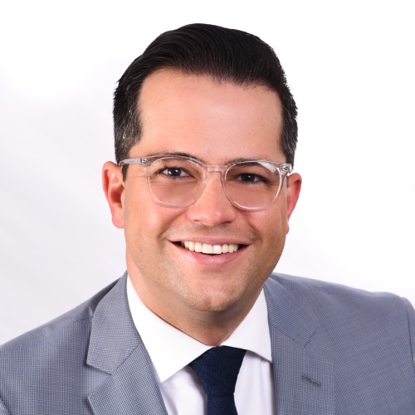Common grounds for contesting a trust or will in California include:
- Undue Influence: One of the most common reasons for contesting a trust or will is the allegation of undue influence. This occurs when someone exerts pressure, coercion, or manipulation on the person creating the document, causing them to make decisions that they would not have made otherwise. Contestants may argue that a beneficiary or a third party manipulated the testator or settlor into changing the terms of the trust or will to their advantage.
- Lack of Capacity: Contestants may claim that the testator (for a will) or settlor (for a trust) did not have the mental capacity to understand the implications of their decisions when creating the document. Lack of capacity might be due to dementia, mental illness, or other conditions that impaired the person’s ability to make informed decisions.
- Fraud: Contesting a trust or will on grounds of fraud typically involves allegations that the document was created based on false information or deceit. Contestants may argue that the testator or settlor was misled or coerced into making specific provisions in the document.
- Duress: Duress is the use of threats or force to induce someone to create or change a trust or will. Contestants may allege that the testator or settlor was threatened or subjected to undue pressure, impacting their free will.
- Improper Execution: A trust or will must meet specific legal requirements in California to be considered valid. Contestants may argue that the document was not executed properly, such as lacking the necessary witnesses or notarization, and should therefore be considered invalid.
- Mistakes: If there are mistakes or errors in the trust or will, such as typographical errors, ambiguities, or contradictory provisions, contestants may seek to rectify or clarify the document through the courts.
- Forgery: Contestants may claim that the trust or will was forged, meaning it was created or altered without the knowledge or consent of the testator or settlor.
It’s important to note that these grounds for contesting a trust or will are subject to specific legal requirements and standards of proof. Contesting a document can be a complex legal process, and individuals who believe they have valid reasons to contest a trust or will in California should seek the assistance of an experienced estate and trust attorney to navigate the legal proceedings effectively.
The legal professionals at OC Trial Group have extensive experience handling numerous disputes that can arise from issues related to wills and trusts. If you have worries about a dispute involving a will or trust, don’t hesitate to contact OC Trial Group for a complimentary consultation today. We’re here to provide assistance.

